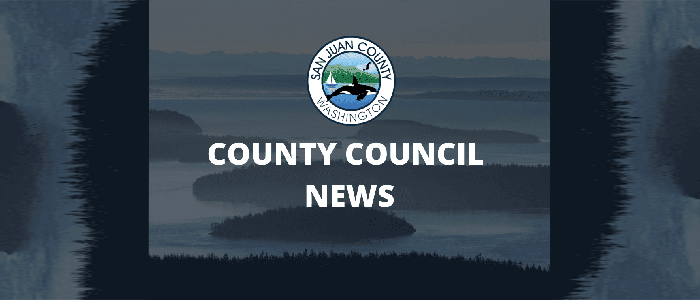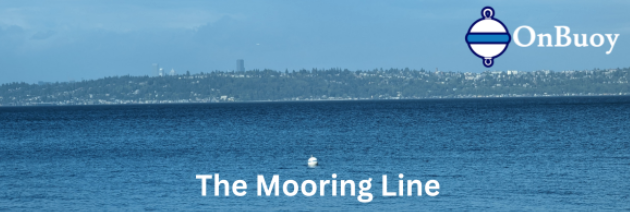— from Emergency Operations Center, Camp Murray —

Newest numbers. For the most recent tally of cases by county, demographics, and more, visit the Department of Health’s dashboard and the state’s COVID-19 risk assessment dashboard. As of July 1, the state reported 728 new cases for a total confirmed case count of 34,151. Total deaths are 1,342. Secretary of Health John Wiesman said at a press conference today the state is seeing all-time high increases in case numbers since the pandemic started.
New report shows increasing transmission across state. The latest statewide modeling report shows the spread of COVID-19 was continuing to increase as of the end of June. In addition to the hot spots where we’ve recently seen high case counts, the virus appears to be spreading more broadly throughout the state. These data emphasize the need for everyone to take a few critical steps every day to prevent the spread of the virus: stay home, stay local, keep your circle of close contacts small, practice good hand hygiene and wear a cloth face covering every time you’re indoors in public. Read the report.
Party like it’s 2020! Stay close to home, stick to small groups, keep your distance and sport your favorite face covering. If your county is in Phase 2 or 3 of Washington’s Safe Start plan you may be allowed to have a small party or BBQ. But just because small gatherings are allowed doesn’t mean they are safe for you. Remember these things when getting together in the time of COVID-19.
Inslee and Wiesman announce pause on Safe Start county applications and additional statewide face covering requirements. Gov. Jay Inslee and Secretary of Health John Wiesman announced today at a press conference that beginning July 7, businesses must require face coverings of all customers and may not serve any customer if they do not comply with the statewide face covering order. The face covering order announced last week requires all Washingtonians to wear face coverings in public indoor places or outdoors when unable to maintain six feet of distance from others. The order, as well as guidance to help businesses understand how to implement it, will be issued early next week.
The governor is also ordering a statewide pause on advancing counties from their current phases under Safe Start. Additionally, bars will no longer be able to serve from the bar or have people congregate at the bar in Phase 3. Bars will still be able to provide table service.
Inslee said these actions are necessary due to a spike in the number of infections statewide throughout the month of June. You can watch the press conference on TVW and read the release here.
Latest COVID-19 data shows patterns of inequity, rise in cases among younger people. Communities of color are disproportionately impacted by COVID-19. That’s according to a pair of new reports state health experts and researchers at the Institute for Disease Modeling released today. The reports analyzed COVID-19 reporting data by age, race, ethnicity and primary language spoken. The reports also reported an uptick of cases among people in younger age groups. Read the press release here.
National Guard continues to help with food distribution efforts. Since the onset of the COVID-19 pandemic, food insecurity has increased in communities across the state. The Washington National Guard has been on the front lines helping distribute food to people who need it most. More than half of nearly 1,000 Guard members supporting COVID-19 missions are helping ensure food banks remain operational. This past week, Guard personnel helped box 2.3 million pounds of food and assembled 56,000 meals.
Technology improvements help save lives. Members of the Washington Military Department’s IT Division have helped improve technology access for residents living in rural areas amid the COVID-19 pandemic.
Employees mapped Wi-Fi networks statewide and found $7 million in critical funding for it from the Information Technology Disaster Resource Center. The center is a non-profit organization that assists communities with technology continuity and recovery after a disaster. Residents will be able to use the technology to access tele-health services and ensure children can continue distance learning. It will remain in place even after the pandemic ends. Private companies have also donated more than 7,000 phones for people who did not have them before. Read the full story here.
Washington insurance commissioner extends emergency order waiving deductibles, copays for coronavirus testing. Insurance Commissioner Mike Kreidler today extended his emergency order to state health insurers for an additional 30 days. The order requires insurers to waive copays and deductibles for any consumer requiring testing for COVID-19. View the press release here.
Inslee announces extension of 23 proclamations today in response to the continuing COVID-19 pandemic. The extensions were approved by the state Legislature. You can see the list of what legislators authorized – and what they didn’t – here.
Resources
Free Wi-Fi Map. In response to the impact of COVID-19, drive-in Wi-Fi hotspots provide free, temporary emergency internet access for Washingtonians who don’t have broadband service at their homes. Commerce has a Wi-Fi mapping tool on its website.
Washington 211 COVID-19 Call Center. Do you need information or answers to your questions and concerns about the novel coronavirus (COVID-19)? You can call 1-800-525-0127 or text 211-211 for help. You can also text the word “Coronavirus” to 211-211 to receive information and updates on your phone wherever you are. You will receive links to the latest information on COVID-19, including county-level updates, and resources for families, businesses, students, and more.
The state’s COVID-19 hotline weekend and holiday hours.The hotline is open 6 a.m. to 10 p.m. Monday – Friday, and 8 a.m. to 6 p.m. Saturday – Sunday and on observed state holidays.
Do you need support due to stress from COVID-19? Call Washington Listens, a line that provides nonclinical support to people experiencing elevated stress due to COVID-19. People who call Washington Listens will speak to a support specialist and receive information and connection to community resources in their area. The program is anonymous and no identifying information is maintained. People who staff Washington Listens will receive basic training needed to provide support to individuals during the COVID-19 pandemic. To reach Washington Listens, call 1-833-681-0211. Read the Washington Listens fact sheet.
**If you are reading theOrcasonian for free, thank your fellow islanders. If you would like to support theOrcasonian CLICK HERE to set your modestly-priced, voluntary subscription. Otherwise, no worries; we’re happy to share with you.**







